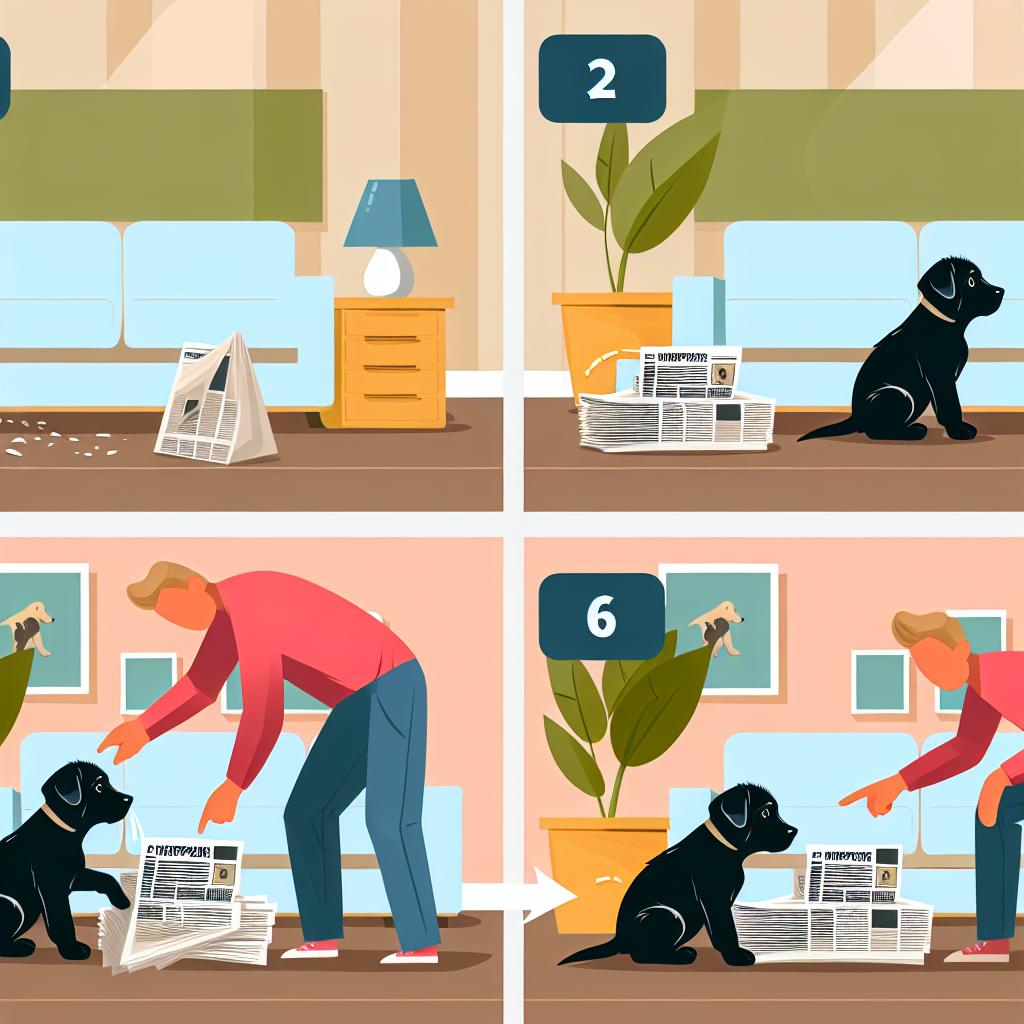Puppy Training: How Do You House Train a Puppy
House training your puppy is one of the most important tasks you will undertake as a new pet parent. Not only does this process teach your puppy where to use the bathroom, but it also helps foster a strong bond of trust and communication between you and your furry friend. Wondering how do you house train a puppy effectively and efficiently? This comprehensive guide covers everything you need to ensure success.
Understanding the Basics of House Training
The first step in house training your puppy is understanding the basics. Puppies naturally prefer to avoid soiling their living quarters, which provides a foundation for house training.
- Consistency: Consistent training helps solidify the behavior.
- Patience: Puppies take time to understand what is expected of them.
- Praise: Positive reinforcement encourages your puppy to continue good behavior.
Steps to House Train a Puppy
Step 1: Establish a Bedroom Area
Creating a confined space, such as a crate, for your puppy is crucial during house training. This teaches them to control their bladder and bowel movements. For more insights, check out our article on caging a dog.
Step 2: Implement a Regular Feeding Schedule
A regular feeding schedule helps regulate your puppy’s bowel movements, making it easier to predict when they need to go outside.
- Feed your puppy at the same times each day.
- Avoid feeding 2-3 hours before bedtime to prevent nighttime accidents.
Step 3: Frequent Bathroom Breaks
Puppies have small bladders, so frequent bathroom breaks are necessary. Take your puppy outside:
- First thing in the morning
- After meals
- After naps
- Before bedtime
For more detailed advice on potty training schedules, read our article on how to potty train your puppy.
Step 4: Use Command Words
Using specific command words helps your puppy understand what you expect from them. For example, use the word “potty” or “outside” when taking them out for bathroom breaks.
Step 5: Reward Good Behavior
Effective house training relies heavily on positive reinforcement. When your puppy goes to the bathroom outside, immediately reward them with praise or treats.
Step 6: Supervise and Confine
Until your puppy is fully house trained, supervise them closely. Confine them to specific areas and gradually increase their freedom as they demonstrate consistent control. Learn more on how to manage confinement successfully through our guide on dog crates.
Common Challenges and Solutions
Accidents Inside the House
Accidents are part of the learning process. Here’s how to handle them:
- Don’t Punish: Punishment can create fear and confusion.
- Clean Immediately: Use enzyme-based cleaners to remove all traces of urine and odor.
- Figure Out the Cause: Is the puppy not going outside enough?
Nighttime Accidents
Nighttime accidents can be particularly challenging. Here are some tips:
- Pre-Bed Potty: Ensure your puppy goes to the bathroom right before bedtime.
- Crate Training: Crate your puppy next to your bed to hear if they wake up needing to go out.
Long-Term Success
Transitioning to More Freedom
As your puppy masters house training, slowly give them more freedom. Always reward and praise them for good behavior to reinforce their training.
Having challenges with giving more freedom? Consult our detailed article on how to toilet train a puppy for more tips.
Consider Professional Help
If you encounter persistent issues, consider hiring a professional dog trainer. Our article on dog trainers will guide you through choosing the right one for your needs.
Consistency is Key
Consistency is crucial for long-term success. Stick to proven techniques and maintain a regular routine.
Additional Resources
Conclusion
House training a puppy requires patience, consistency, and dedication. By following the steps outlined above and utilizing the resources available, you can successfully train your puppy to become a well-behaved member of the family. If you need further guidance, feel free to explore more articles on our blog, such as how to potty train your puppy for more insights.
Remember, each puppy is unique, so it might take some time before they are fully house trained. Stay committed, and you will achieve the results you desire.

